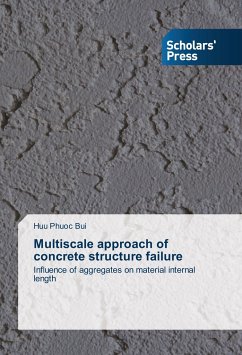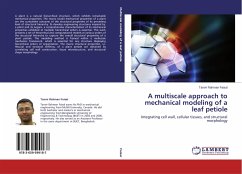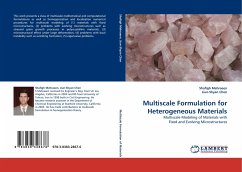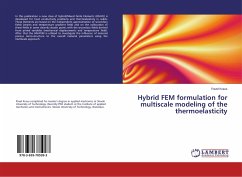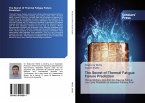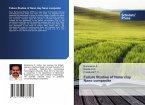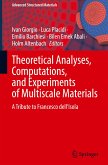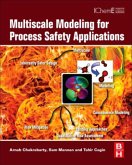For durability analysis and economic design of structures made of concrete-like materials, modeling of cracking process and failure is essential. Unlike nonlocal models, there is no need to introduce an internal length in the constitutive law for lattice model at the mesoscopic scale. Actually, the internal length is not explicitly introduced but rather governed by the mesostructure characteristics themselves. The influence of the mesostructure on the width of the fracture process zone which is assumed to be correlated to the characteristic length of the homogenized quasi-brittle material is studied. The influence of the ligament size is also investigated. This book provides recommendations/warnings when extracting an internal length required for nonlocal models from the material mesostructure. The lattice model is then implemented into SOFA library for realizing the coupling with finite elements in order to deal with large-scale structures. An adaptive strong coupling is proposed. The analysis helps shed some light on this new and exciting multiscale simulations, and should be especially useful to professionals in computational mechanics of cracking of quasi-brittle materials.
